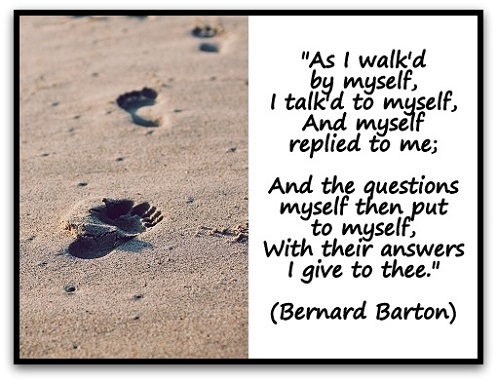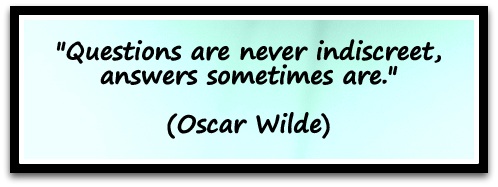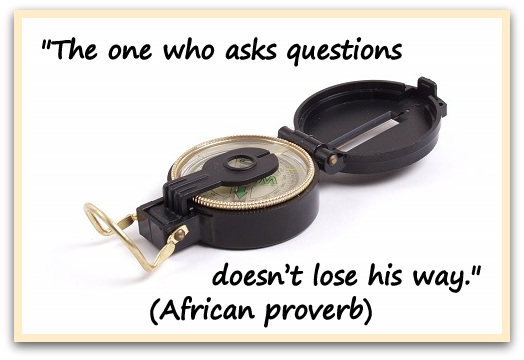3 Common Coaching Traps To Avoid
In this weeks guest post leadership development coach Suzi McAlpine shares some of her expertise and experience.
3 Common Coaching Traps To Avoid
By Suzi McAlpine

Recently I was facilitating a workshop for an organisation that wanted its leadership team to become better coaches. And just FYI, big kudos to that company, for recognising the importance of developing coaching skills in their leaders.
But back to the workshop. As the day progressed, I noticed a common theme emerging. Cue, lightbulb moment…
The traps learner coaches fall into are the same traps I can fall into – even as an experienced coach.
Interestingly, when I spoke to other leadership coaches about it, they agreed to suffering from the same afflictions.
Whether you’re new to this coaching lark or a seasoned pro, here are 3 common coaching traps to avoid (and their antidotes):-
1. Over Intervention Syndrome (or OIS, as I’ve coined it). Symptoms include firing too many questions to your coaching client in machine gun-like fashion, resulting in them feeling like they are in a job interview (not a coaching session); an overwhelming urge to give advice or tell them what to do; and feeling uncomfortable about silent pauses in sessions.
Antidote: Recognise what beauty and power there is in silence. Your role as a coach is to hold a trusted and safe space for your client to explore their professional issues.
Some of the best coaching interventions I’ve ever had were the ones I never made.
Tuning into their body language can provide powerful cues. Notice when people are working it out on their own and let the magic of silence ‘do its thang’.
2. Fix it Funk. If you’re a perfectionist, this is one trap you should be extra careful of.
Symptoms include, a frustration they (and you) are not making progress on the issue quickly enough; a desire to move ahead and make progress, despite your coachee’s stance; and your ego getting tied up with the “right” outcome.
Antidote: My mentor, Anouk Grave, nailed it when she said to “work with what is, not what we would like it be.”
There’s a skill in meeting your coachee where they are now, not where you both want them to be.
The irony is, when I have deliberately been patient with the slow pace of progress, it has sped up! As we all know, deep change can be difficult. I’m talkin’ qualifying for the Olympics kinda difficult. Naming what you are noticing about the pace of change, in an honest and compassionate way, might be a good idea at times – but forcing people to change when they are not ready is usually counterproductive.
If you have Fix it Funk, your own coaching supervision could be a good idea.
3. Too Nice Nancy. Symptoms of this affliction? A conscious or unconscious desire to be liked…at all costs. Too Nice Nancy will miss opportunities to honestly challenge people, fail to raise awareness in her peeps and generally hold back communication that needs to happen.
Antidote: Think about it. Some of the most powerful feedback you’ve ever received was probably someone who gave you an honest truth, raised awareness to a blind spot, or challenged you in a compassionate and skilled way.
Like anything, if you’re experiencing resistance to giving challenging feedback, it probably has more to do with your own blocks.
Once again, that’s your cue to get some coaching. Ask yourself, am I challenging this person enough? Are there patterns in their behaviour I am noticing, but not naming? What is getting in the way of me raising them?
If you’re a leadership coach experiencing common themes emerging in your work, I’d love to hear from you. What ‘coaching traps’ can you add to the list above? And, what antidotes do you suggest?
About Suzi McAlpine
 Suzi McAlpine is a leadership development coach and author of internationally acclaimed leadership blog, The Leader’s Digest. Suzi works alongside CEOs and senior executives in organisations throughout New Zealand to ignite better leadership. The services she provides include one-on-one coaching, peer coaching, workshop facilitation and keynote speaking.
Suzi McAlpine is a leadership development coach and author of internationally acclaimed leadership blog, The Leader’s Digest. Suzi works alongside CEOs and senior executives in organisations throughout New Zealand to ignite better leadership. The services she provides include one-on-one coaching, peer coaching, workshop facilitation and keynote speaking.
.
Connect with Suzi:
Twitter: @suzimcalpine
Facebook: www.facebook.com/
LinkedIn: https://nz.linkedin.com/in/
Instagram: @theleadersdigest
Blog: www.theleadersdigest.me







